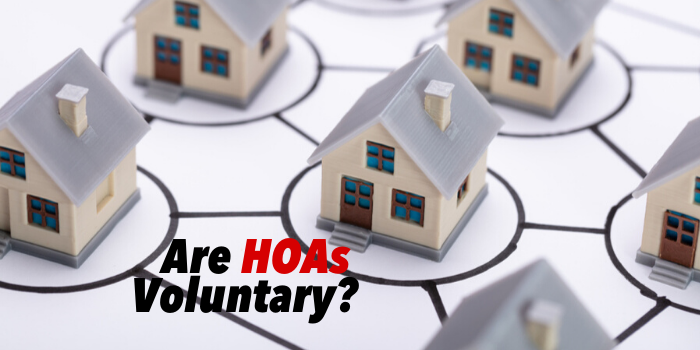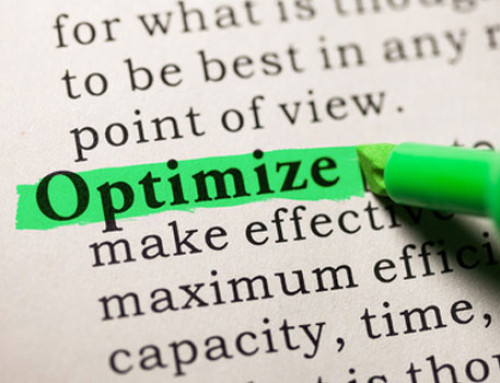It seems that the majority of the new-build communities popping up across the country are governed by mandatory HOAs. While some older neighborhoods aren’t governed at all, some communities are governed by voluntary HOAs. Voluntary HOAs come with their own pros and cons. So, what exactly does it mean to have a voluntary HOA, and how is a voluntary HOA established? Read on to find out:
Mandatory vs. Voluntary
A mandatory HOA is just that – mandatory. When a person purchases a home within the neighborhood, he or she is required to join and follow all rules set forth in the association’s governing documents. At the time of closing, the homeowner signs a contract agreeing to abide by the CC&Rs, and to accept any and all associated assessments, fees, and fines. On the flipside, in a voluntary HOA, the purchasers of a home can decide at the time of closing (or shortly thereafter) whether or not they want to join the association.
How a Voluntary HOA Works
A voluntary HOA can function very similarly to a mandatory HOA. It can create rules and guidelines, have board officers, and sometimes can even collect assessments. However, unless members have signed contracts, the voluntary HOA will have a hard time enforcing any rules, mandating action, or collecting said assessments, because the homeowner always has the ability to opt out. Without a signed and enforceable contract, the HOA cannot fine owners for violating the CC&Rs, cannot place liens, and cannot collect assessments. This is the major way in which a voluntary HOA differs from a mandatory HOA. Because members of the mandatory HOA sign a contract agreeing to abide by certain rules, the HOA has more power to enforce, restrict, and fine members, compared to those members in a voluntary HOA.
The governing documents of the association will state what the voluntary HOA can and cannot do, including whether they can raise or enforce assessments. If non-raiseable or un-enforceable assessments become an issue for your community (which it likely will, because an association needs money in order to meet all of their obligations). the community can vote to amend the governing documents. While you may receive some pushback from residents about making changes to the assessments, residents will likely come around so long as there are certain restrictions, or limits, in place in terms of the assessments. It will also be helpful to show residents what more the HOA is going to be able to offer, or follow through on, with the increased assessments.
What Do You Lose Out on with a Voluntary HOA?
Homeowners who choose not to participate in a voluntary HOA may lose out on events or community help that is sponsored by the association, resulting in a decreased sense of community within the neighborhood. Homeowners who choose not to participate may also lose the benefit of higher property values and the visual appeal that comes with a mandatory HOA supervision and regulation. While one house in the neighborhood may follow HOA guidelines, their neighbor may opt out and have a messy, unkempt yard, or let parts of their house fall into disrepair. In a voluntary HOA, it is likely that there won’t be uniformity throughout the neighborhood.
Related: 7 Tips to Avoid HOA Embezzlement.
While the benefit of a voluntary HOA is that you do not really have to follow any rules, this is also a major downfall because no other homeowner has to abide by certain rules meant to maintain property values, either.







